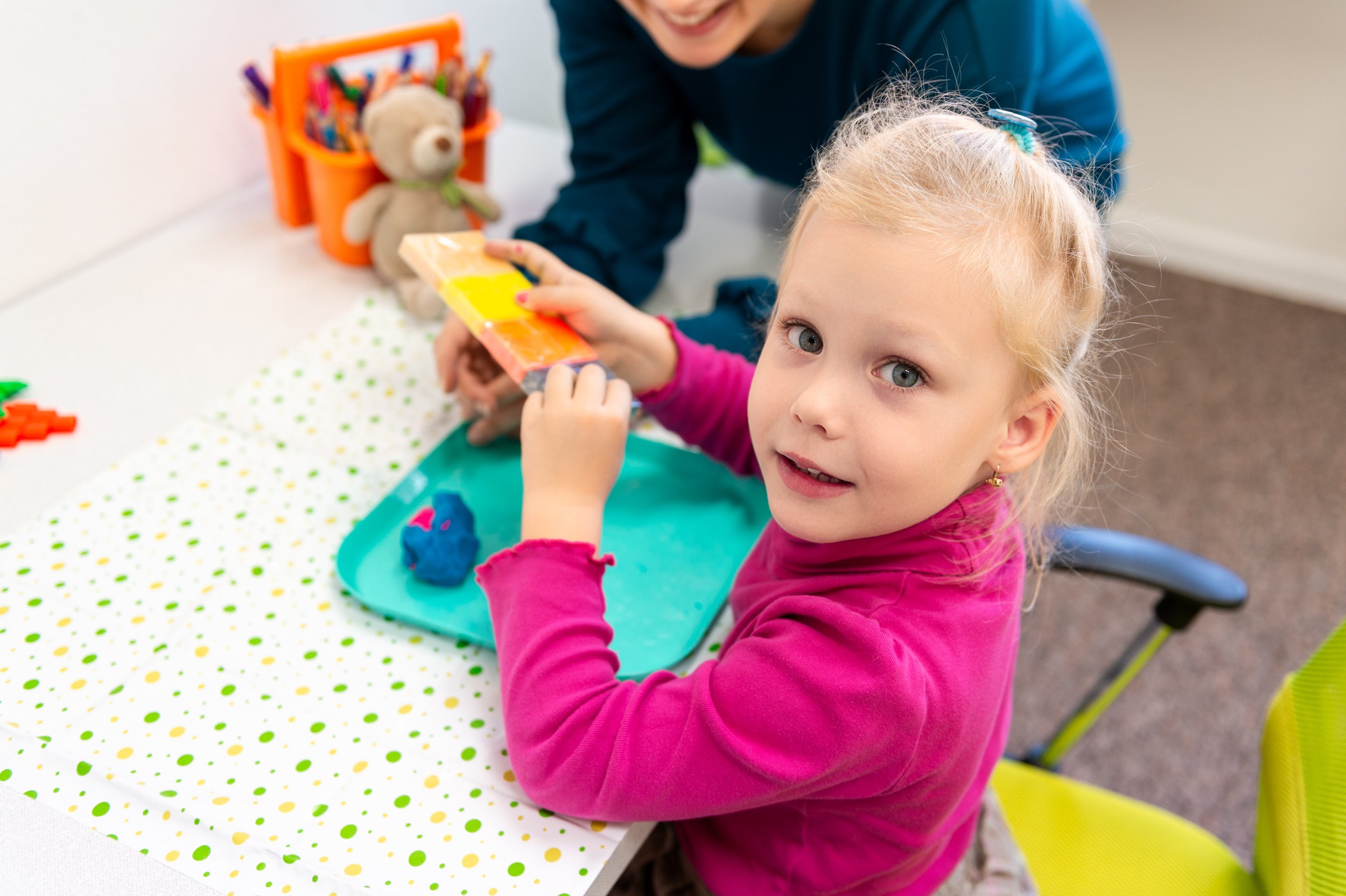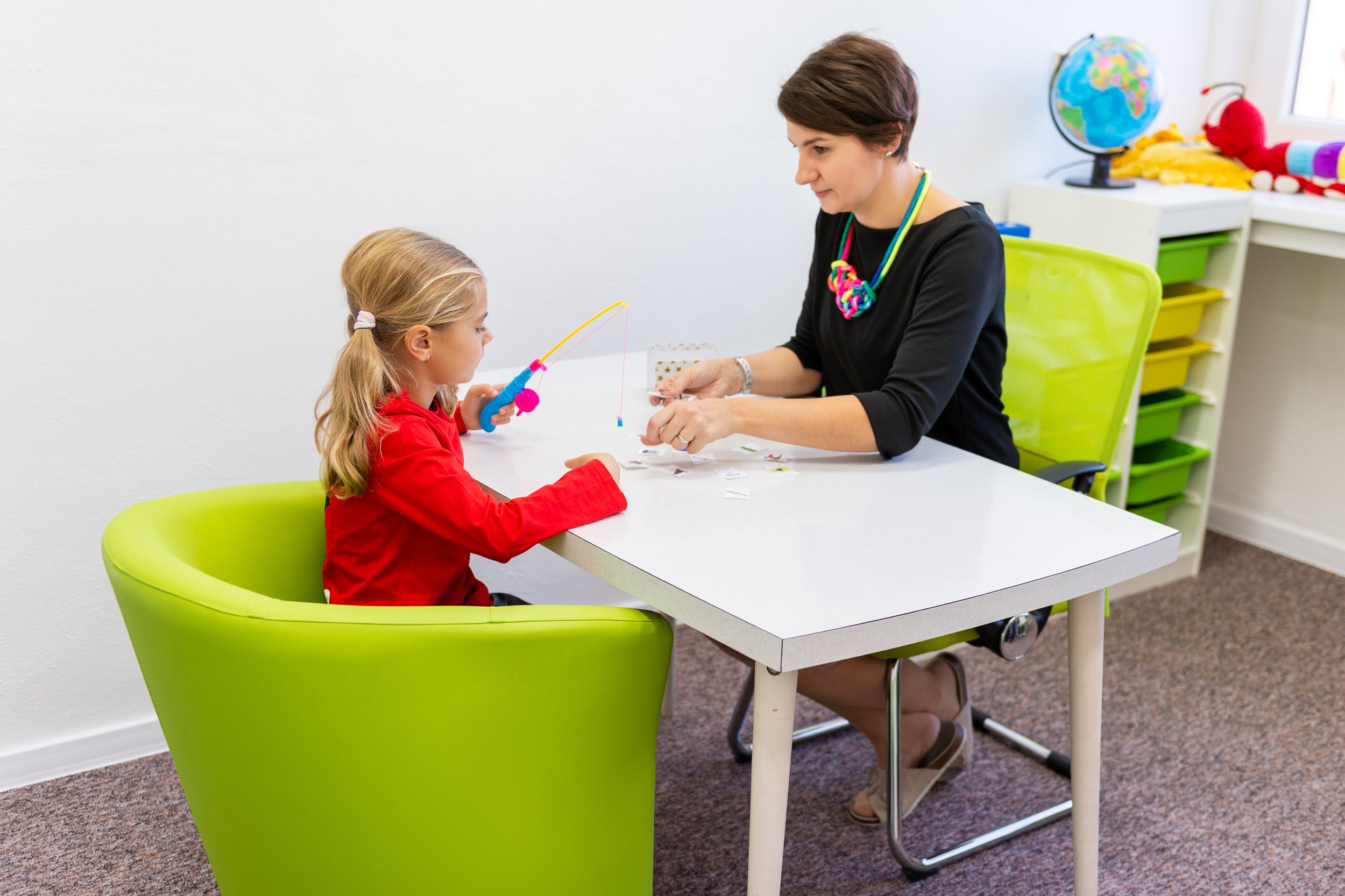
Pediatric Occupational Therapy
What is it and why is it needed?
The goal of Pediatric Occupational Therapy is to develop skills and abilities in children that will help them grow into thriving adults. Developmental delays, injuries, genetic disorders and a variety of other factors can negatively affect a child’s ability to perform daily tasks or progress as needed through vital developmental social or cognitive stages.
Addressing fine motor delays early is essential.
The longer children are delayed in foundational developmental areas, the more issues compound as the child ages—to prevent further delays and guide toward success meeting fine motor deficits, the knowledges, skills and abilities of a Pediatric Occupational Therapist are needed.
Here are the common areas of need that our Pediatric Occupational Therapists address…
Attention deficit disorders — can cause difficulties with behavior such as focusing, following instruction and completing tasks
Autism spectrum disorders — can cause difficulties with social communication and behavior
Cerebral palsy — a disorder affecting a child’s muscle tone, movement or posture
Feeding
Fine motor skill delays — includes using pencils, puzzles and dressing
Genetic syndromes — Down syndrome (which can cause developmental and intellectual delays) and muscular dystrophy (which can impact muscle mass and strength), among others
Handwriting
Oral aversion and feeding skills
Orthotic and adaptive equipment
Poor posture and body mechanics
Sensory processing disorders and self-regulation
Upper extremity strength and endurance
Our Pediatric Occupational Therapists utilize one of the most effective forms of treatment for children, play therapy.
Essentially, the therapist incorporates play into each purposeful activity or intervention used during the session. Children often don’t even realize that they have been working on their pincer grasp, building upper extremity muscles, developing social skills, and more during the sessions.
That is the power of integrating something children naturally enjoy doing to help them achieve and exceed developmental milestones.


